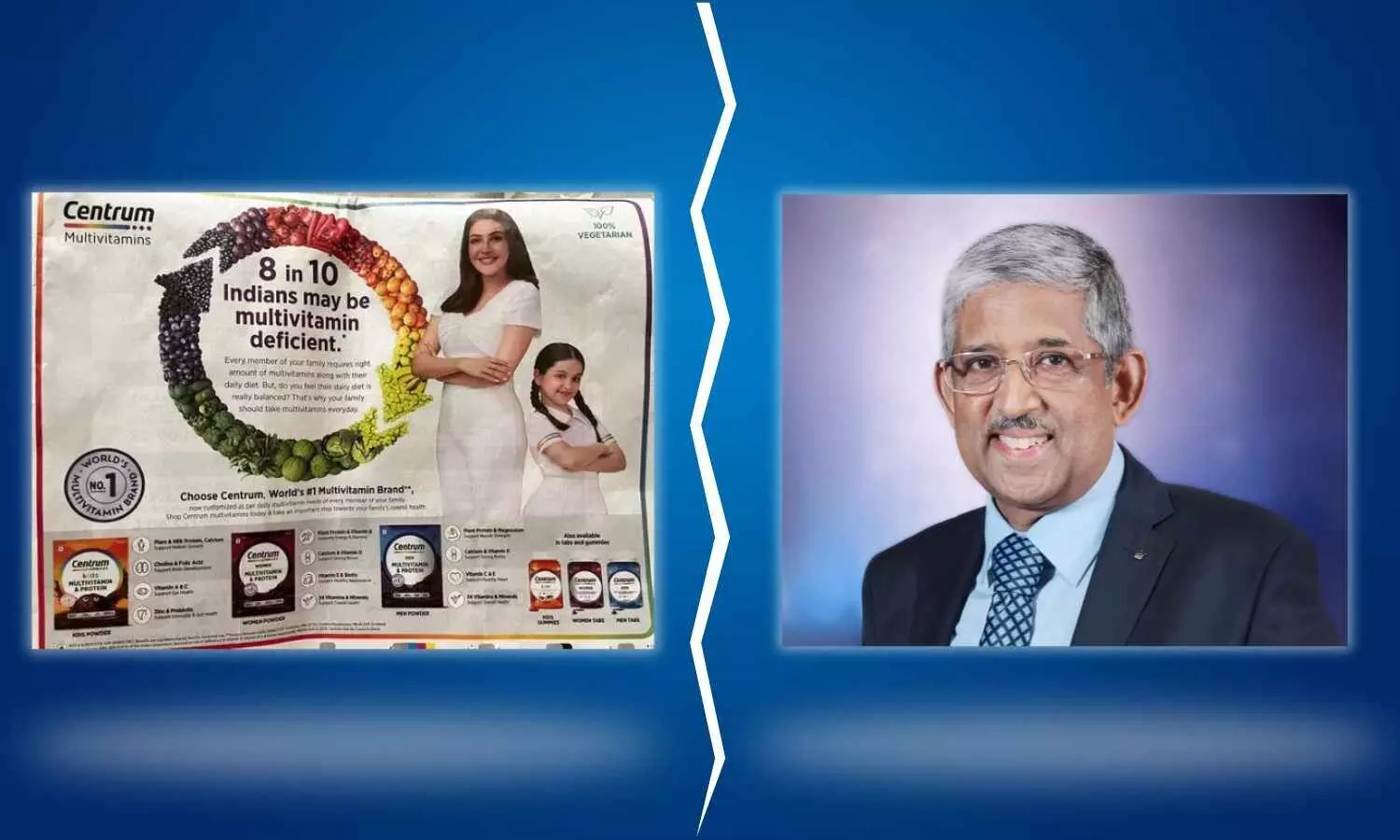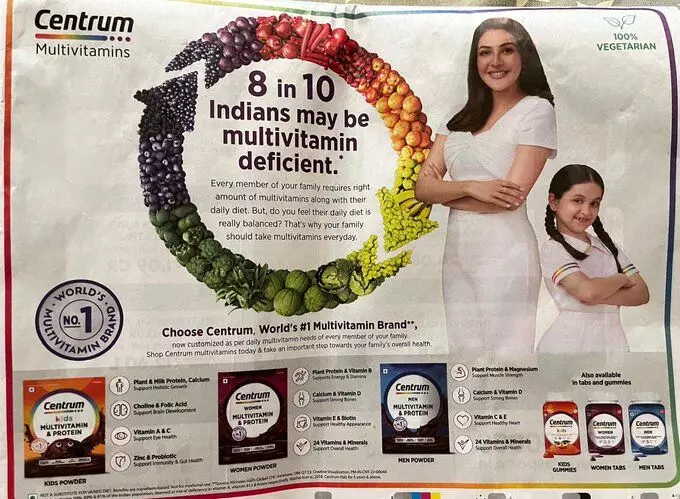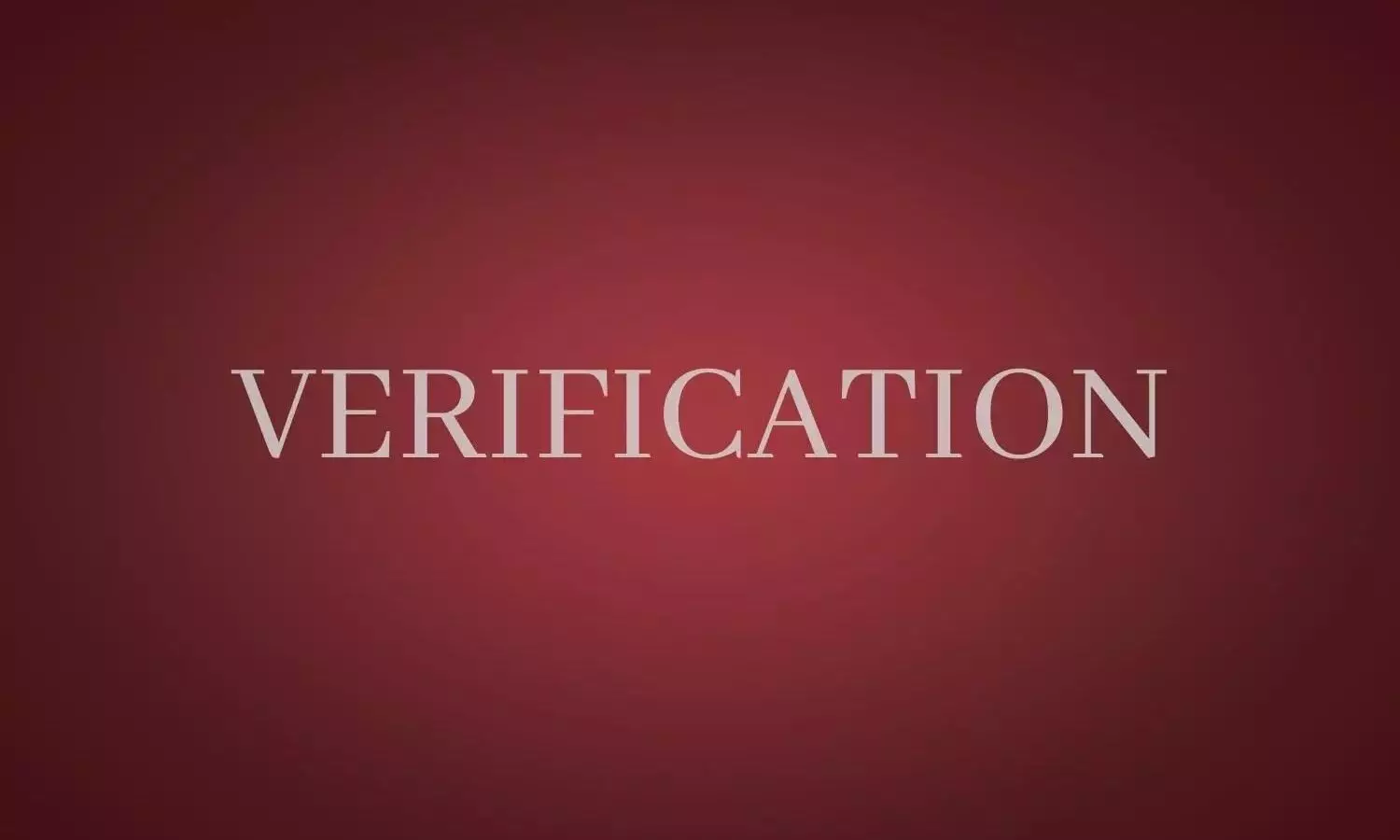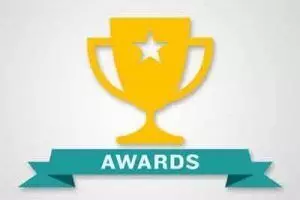Improving health communication to save lives during epidemics
Powered by WPeMatico
Powered by WPeMatico
Powered by WPeMatico
Powered by WPeMatico
Powered by WPeMatico
Powered by WPeMatico
Powered by WPeMatico
Powered by WPeMatico

New Delhi: Eminent diabetologist Padmashri Dr V Mohan recently took to social media platform X to rebuke a multivitamin advertisement, asserting that “there’s nothing called multivitamin deficiency.”
The Chennai-based doctor and scientist, who is also the chairman of Dr Mohan’s Diabetes Specialities Centre, criticized the ad’s claim that “8 in 10 Indians may be multivitamin deficient,” deeming it misleading.

In its advertisement, the multivitamin brand Centrum stated that “8 in 10 Indians may be multivitamin deficient*”, followed by stating, “Every member of your family requires the right amount of multivitamins along with their daily diet. But do you think their daily diet is balanced?.That’s why your family should take multivitamins every day, “
” Choose Centrum, World’s #1 Multivitamin Brand**, now customised as per daily multivitamin needs of every member of your family,” the advertisement further reads.
Centrum is a brand of multivitamins produced by Haleon (formerly GlaxoSmithKline Consumer Healthcare)
Responding to the print advertisement given by the company in a leading daily, the internationally acclaimed diabetologist noted that there is nothing called multivitamin deficiency, further stating that unless there is a specific deficiency in vitamins such as D or B12, the indiscriminate use of multivitamins may not be beneficial and may even do harm. He emphasized that multivitamins ususally do not provide enough of the deficient vitamin.
He highlighted the potential harm of indiscriminate multivitamin consumption, noting that in case of deficiency of any vitamin, ” much more of the deficient vitamin will be needed, and much amount may not be available in a multivitamin tablet or capsule. Also, only the deficient vitamin needs to be replaced . Giving all other vitamins and minerals regularly when there is no deficiency can actually cause harm”
In his post, Dr Mohan also tagged Dr KV Babu, a physician from Kerala who sends out RTI (Right To Information) applications on public health issues that concern him as a citizen and a doctor. He is known for challenging Patanjali’s misleading advertisements
There is nothing called multivitamin deficiency. Unless there is deficiency of specific vitamins, Eg. Vit D or B12 , giving multivitamins may not be beneficial and may even do harm. And Multivitamins usually do not provide enough of the deficient vitamin. @drbabukv pic.twitter.com/rwdo9Oe1QI
— Dr.V.Mohan (@drmohanv) April 21, 2024
Responses to Dr Mohan’s post varied, with some individuals expressing gratitude for shedding light on the issue, while others raised concerns about the potential health risks associated with indiscriminate multivitamin consumption. Dr Mohan engaged with commenters, providing further clarification on the limitations of multivitamin supplementation and advocating for targeted vitamin replacement based on individual deficiencies.
Dr Mohan’s insights encourage further research and consideration of individualized approaches to nutrition and supplementation. This exchange drew attention to concerns surrounding multivitamin consumption, particularly in cases where deficiencies are not clearly identified. One user, Dr Gunjan Deshpande further contributed to the discussion by highlighting the high sugar content in certain types of children’s multivitamins, raising additional health considerations.
Another X user, Arun46, suggested that a person could be deficient in multiple vitamins simultaneously, necessitating the use of multivitamins. Dr. Mohan responded by highlighting the challenge of obtaining sufficient amounts of deficient vitamins from multivitamin tablets or capsules. He stressed the importance of replacing only the deficient vitamin rather than administering unnecessary vitamins and minerals.
” But then much more of the deficient vitamin will be needed and that much amount may not be available in a multivitamin tablet or capsule. . Also, only the deficient vitamin needs to be replaced . Giving all other vitamins and minerals regularly when there is no deficiency can actually cause harm,” Dr Mohan noted
The Medical Dialogues team reached out to Haleon for a comment on the matter, but the company had not provided a response at the time of the publication of the story.
Powered by WPeMatico

New Delhi- To submit the requests for verification of credentials issued by the National Board of Examinations in Medical Sciences (NBEMS), the NBEMS has introduced a Credential Verification Online Portal (CVOP). The portal can be accessed through the official website of NBEMS under the “Digital Services” tab.
This portal allows the organisations (Employer/ Public Authority/ Credential Verification Agency) to submit the credential verification requests to NBEMS online as well as the agency to track their submitted requests.
Verification requests submitted through this portal shall be attended by the concerned department at NBEMS and response shall be shared with the Verification Agency concerned at their email ID registered with NBEMS.
With the launch of CVOP, credential verification requests from any agency/organisation through email/by post/any mode other than this portal will not be entertained or responded to.
STEP BY STEP GUIDE FOR ORGANISATIONS SEEKING VERIFICATION OF CREDENTIALS ISSUED BY NBEMS
1 Please advise the concerned candidate to pay the prescribed Credential Verification Fee to NBEMS through the “Miscellaneous Fee Payment Portal” which can be accessed on the NBEMS website under the tab “Digital Services”.
2 Collect a copy of the payment receipt from the concerned candidate which is generated at the above portal on successful payment of verification fee by the candidate.
3 Keep the above-said payment receipt and a clear scanned copy of the Credentials to be verified ready before you begin to submit the verification request to NBEMS through the Credential Verification Online Portal (CVOP). You would also be required to fill in the Roll Number of the candidate. The roll Number of candidates for the respective examination is mentioned on the credential. If it is not mentioned, the same should be obtained from the concerned candidate.
4 Go to NBEMS official website and visit the tab “Digital Services”. Click on the “Credential Verification Online” link.
5 The organisation has to submit an Online Request form for Credential Verification. Following is a screenshot of the Online Request form for Credential Verification.
6 Select the name of the organisation/verification agency from a drop-down list. A verification code shall be sent by email to the Email ID of the selected organisation/agency as available in the NBEMS record.
7 If the organisation/agency is not listed in the said drop-down, it has to approach NBEMS at email ID by submitting a formal letter to add its details to the said list.
8 Select the type of credential to be verified from the dropdown list.
9 Provide the details of the Verification Fee Receipt number and Roll Number of the applicant candidate for backend verification of the fee paid by the applicant to NBEMS.
10 Upload a clear scanned copy of the credential to be verified.
11 If the organisation/agency requires the verification output in its prescribed format, then upload such format also.
12 After inputting all the required fields, generate the Email Verification Code which shall be mailed to the registered email ID.
13 Enter the verification code on the designated input box and submit the request form.
14 In case the Verification Code is not received in email, the applicant may regenerate the code after a small time instance.
15 After Successful Submission of the form, the organisation/agency shall receive a formal acknowledgement email at its email ID registered with NBEMS.
16 The outcome of verification shall be communicated to the agency concerned by way of an official email from NBEMS email ID.
17 The process of credential verification is usually completed within 4 weeks of receipt of the verification request.
18 Request for Credential Verification submitted to NBEMS through any mode other than the Online Credential Verification Portal shall NOT be entertained.
Concerned candidates whose credentials are to be verified should note that the respective organisation shall be able to submit the request for verification to NBEMS only after the concerned candidate has already paid the prescribed fee for verification to NBEMS through its Miscellaneous Fee Payment Portal. Therefore, candidates are requested to share a copy of the payment receipt with the concerned organisation along with the credentials the candidates want to verify.
For any queries/clarification related to the online submission of verification requests to NBEMS through the Credential Verification Online Portal (CVOP), candidates may write to NBEMS, the notice stated.
To view the notice, click the link below
Powered by WPeMatico

Chennai: In recognition of their exceptional contributions to society and the medical field, the Indian Academy of Neurology Practitioners and the South India Neurological Academic Forum have presented the Legend of Medicine Award to three distinguished medical professionals.
The awards ceremony took place as part of a continuing medical education program held on Sunday, celebrating the notable careers of these medical practitioners. The Legend of Medicine Award acknowledges the impactful work of these doctors, honouring their dedication to advancing healthcare and their significant influence on the medical community.
Dr Devarajan graduated in medicine and went on to take the degrees of MD and DSc in general medicine. He was also awarded the Fellowship of the Royal College of Physicians of Glasgow in 2007. The Government of India honoured him, in 2013, by awarding him the Padma Shri.
Dr D. Shantharam is a Senior Consultant Diabetologist and General Physician at Apollo Hospitals in Greams Road, Chennai. He also practices at Apollo Sugar Clinics in Anna Nagar, Chennai. Dr Shantharam has 38 years of experience and is a renowned endocrinologist in Tamil Nadu. He treats all types of diabetes, including type 1 and type 2, as well as thyroid disorders, hypertension, anaemia, fever, asthma, COPD, and other chronic illnesses.
He has received many awards for his teaching and service in the field. He is the Joint Secretary for the Diabetes Association of India, Southern Chapter, and the Treasurer for the Diabetes Alumni Association. He is also a well-known member of the JIPMER, MCI Ethical Committee, and Diabetic Association of India. V Sundaravadivelu is a former director-in-charge of the Institute of Internal Medicine at Madras Medical College and Hospital in Chennai.
The Indian Academy of Neurology (IAN) is the umbrella body of all neurologists in India. The genesis of this super speciality association was laid in a meeting on 16th December 1991 where 40 to 50 Neurologists met at Manipal under the leadership of Dr J S Chopra and decided to form this association. Since then, IAN has grown from strength to strength and today has a membership of around 3,000 neurologists from the length and breadth of the country. IAN is focussed on service to patients, teaching neurology to members, students and educating patients as well as pursuing academic excellence in the field of neurology.
Also Read: Dr Manohar Krishna Dole, Dr Zahir Ishaq Kazi conferred with Padma Shri
Powered by WPeMatico
